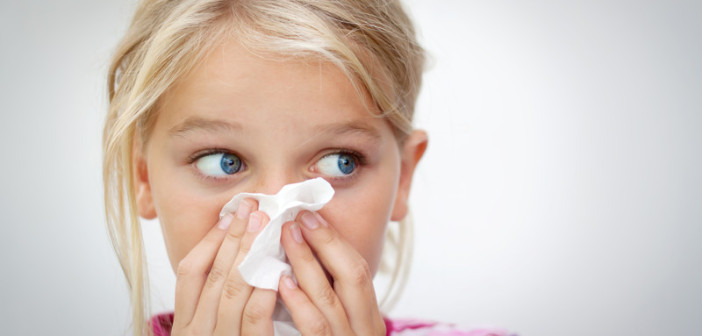To highlight the growing problem of dangerous hospital infections, Consumer Reports recently rated hospitals based on their infection rates for two of the most common and deadly bacterial infections in hospitals, MRSA and C. diff. And this report identified the 12 hospitals in the country that earned low scores not only against those hospital infections but also three other infections in our ratings. Those include infections following surgery as well as infections associated with urinary catheters and central-line catheters (large tubes that provide medicine and nutrition to patients).
If you are alarmed that a New Jersey hospital has earned a spot on this list, you are not alone. Scary bacterial infections have been on the mind of many throughout the state after news broke that local New York Giants tight end Daniel Fells has been diagnosed with the superbug MRSA. Fells’ season was ended earlier this month when he contracted the infection in his ankle while receiving treatment for an injury. He has undergone five surgeries so far in an attempt to rid him of the infection, and there is concern his foot may have to be amputated.
MRSA are staph bacteria that have become resistant to certain antibiotics, making them more difficult to treat. Staph bacteria, including MRSA, are almost always spread by direct physical contact or when people come into contact with objects that have been contaminated with the bacteria.
While pediatric cases of MRSA are rare, cases are on the rise. Children fare better than adults as a whole, with a death rate half that of adults, Still, invasive MRSA kills 7 percent of its young victims.
According to Consumer Reports, overuse of antibiotics breeds “superbugs”—bacteria that often can’t be controlled even with multiple drugs. MRSA and other resistant bacteria infect at least 2 million people in the U.S. annually, killing at least 23,000. The World Health Organization and the European Union call the rise of resistant bacteria one of the world’s most serious health crises, putting us on the verge of a “post-antibiotic era.”
There are steps you can take to help prevent against getting MRSA
- Keep your hands clean by washing thoroughly with soap and water or using an alcohol-based hand sanitizer.
- Keep cuts and scrapes clean and covered with a bandage until healed.
- Avoid contact with other people’s wounds or bandages.
- Don’t share personal items such as towels or razors.
Keep yourself healthy by making sure you, your loved ones and your healthcare providers follow these infection control safety tips.








